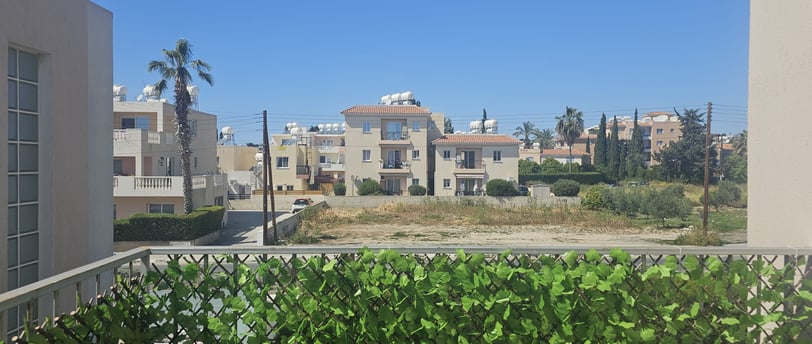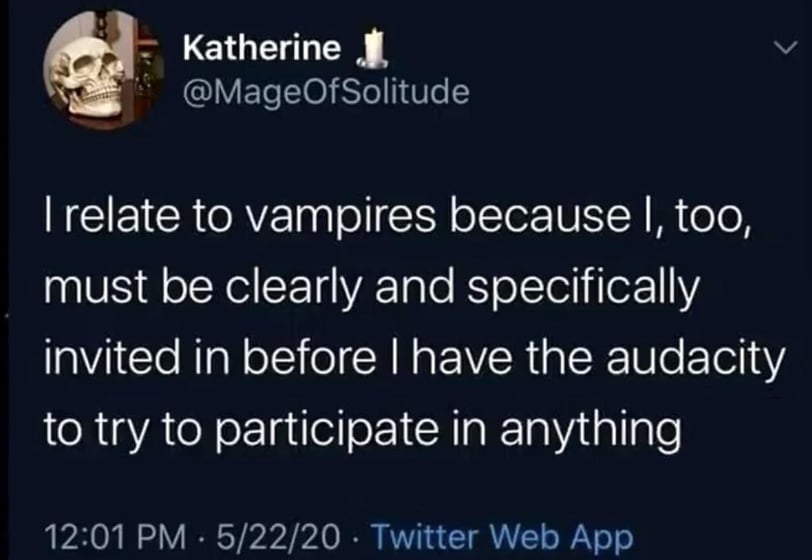How We’re Designing a Conflict-Resilient, Inclusive Community at Poly Heights
Building an intentional community is about more than just shared housing — it’s about creating a sustainable, inclusive, and conflict-resilient way of living.
Morgan
3/24/20255 min read


Building an intentional community is about more than just shared housing — it’s about creating a sustainable, inclusive, and conflict-resilient way of living.
I have lived in shared flats for most of my life, and I am very aware that when people live together, there is a lot of conflict that can arise, from stress over shares of the bills, to noise levels, to just general cleanliness levels and expectations between residents of who will handle what chores. Combining these with personality types and these can lead to resentment, arguments, etc.
That’s why at Poly Heights, we’re not just aiming for cohabitation; we’re cultivating a space where queer, feminist, and polyamorous values shape governance and conflict resolution. We know that conflict is inevitable, but how we handle it determines whether our community thrives or falls apart.
Common Conflicts & How We Address Them
Intentional communities, like any other living arrangements, face challenges. Here’s how we’re structuring Poly Heights to prevent and resolve conflicts while staying true to our values.
1. Cleanliness & Chores: Shared Responsibility, Not Gendered Labour
The Challenge: Some members may have different cleanliness standards, ability levels, and labour can become unequally distributed.
Our Approach:
Rotational Chore System: A clear schedule that rotates regularly to ensure no one is unfairly burdened.
Labour Tracking Without Guilt: Using a transparent, non-punitive system where community members can check in and balance contributions over time rather than policing one another.
Feminist Housekeeping Practices: Recognising and actively resisting the social conditioning that often places cleaning burdens disproportionately on women and femme-presenting individuals.
It should be noted that personal space is personal space and you are free to live in your space however you want, but we want to ensure that in the communal areas, everyone is comfortable, and that means that we agree minimum standards and work needed to maintain that, and that everyone pitches in to maintain those standards.
2. Noise & Personal Space: Balancing Community & Autonomy
The Challenge: Some people thrive in social environments, while others need solitude.
Our Approach:
Quiet Hours & Opt-In Socialisation: Establishing clear community agreements about noise levels at specific times while ensuring that participation in events is never forced.
Private & Communal Spaces: Designing the space to include areas where people can retreat when they need alone time.
Consent Culture for Interaction: Just as we emphasise consent in relationships, we apply it to social engagement. Checking in before assuming someone wants to talk or hang out becomes normalised.
One of the things that we also want to build in is soundproof insulation: that way noise in the living room will not override quiet conversations in the kitchen, for example. Extra insulation will also mean better temperature control, lower bills, etc etc etc.
A really fun suggestions that has been brought up is signs on the doors to all of the private spaces that can be flipped to indicate that residents are open to drop in visits for a cuppa. Some of our community are self identified ‘Vampire Autistic’…
…and have indicated that having these signs where people are very clear about whether they are specifically consenting to people dropping in to the flat would be super helpful for them.
3. Financial Fairness: Transparent, Flexible, and Anti-Capitalist
The Challenge: Money can be a major source of conflict in any shared living situation.
Our Approach:
Sliding Scale Contributions: Recognising economic disparities, we implement a variable contribution model based on income and ability.
Transparent Financial Decision-Making: All communal spending decisions are discussed in meetings where members have equal say.
Emergency & Mutual Aid Funds: A communal safety net for members in crisis, inspired by radical queer and feminist economic models.
4. Guests & Visitor Policies: Balancing Security & Inclusion
The Challenge: Some residents may feel uncomfortable with frequent visitors, particularly if expectations aren’t clear.
Our Approach:
Guest Policy Consensus: Setting clear agreements about visitor frequency, overnight stays, and introductions to the community.
Community Safety Over Social Obligation: Prioritising the safety and well-being of all members over external social pressures to be ‘hospitable.’
Security Without Policing: Utilising consent-based check-ins rather than strict rules to ensure that new guests respect community norms.
5. Relationship Dynamics: Preventing Favouritism
The Challenge: Romantic relationships within a community can sometimes lead to tension, exclusion, or favouritism.
Our Approach:
Decentralised Power Structures: Avoiding governance models that allow couples or close friend groups to dominate decision-making.
Relational Transparency & Mediation: Encouraging open communication about how interpersonal relationships affect the larger community.
No Couple Privilege: Policies that ensure polycules and friend groups do not unintentionally exclude others from communal benefits.
One of the things I am acutely aware of is that at least in the early days, the governance team is made up of people in my polycule, and while I trust all of them to make good decisions fairly, until we get more people whose relationship dynamics and styles are different, we can’t be certain that we are serving the community at large.
6. Decision-Making & Power Sharing: Horizontal Governance
The Challenge: Disagreements over governance can lead to power struggles or resentment.
Our Approach:
Consensus-Based Decision-Making: Prioritising full community agreement over simple majority votes.
Rotating Facilitation Roles: Preventing leadership stagnation by ensuring that responsibilities are equitably shared.
Conflict Resolution Committees: Empowering trained members to facilitate difficult conversations and offer mediation.
Whilst there may come times where we have to default to majority vote, the ideal is to work together to come up with plans that everyone is able to get on board with. We want everyone to have a seat at the table and be working towards a situation that benefits all members.
7. Boundaries & Autonomy: Respecting Individual Needs in a Shared Space
The Challenge: Differing expectations about communal versus private resources can lead to friction.
Our Approach:
Clear Agreements About Shared Resources: Establishing explicit community norms around food, tools, and shared spaces.
Personal Space as Sacred: A commitment to respecting closed doors, alone time, and individual emotional needs.
Education on Emotional Labour: Recognising and valuing the often-invisible work that goes into maintaining a harmonious community.
8. Conflict Resolution: Transformative, Not Punitive
The Challenge: Without a structured way to handle disputes, minor conflicts can escalate into major breakdowns.
Our Approach:
Restorative Justice Model: When harm occurs, we prioritise healing and accountability over punishment.
Facilitated Mediation: Trained mediators within the community (or sourced externally if needed) help resolve interpersonal conflicts.
Commitment to Growth & Change: Regular check-ins and conflict-resolution workshops ensure that our community culture continuously evolves.
Building a Future Together
Conflict is not a failure — it’s a normal part of living in close community. What makes a space truly inclusive and resilient is how it handles those conflicts. At Poly Heights, we’re committed to co-creating a queer, feminist, and polyamorous space where communication, mutual care, and justice guide us forward.
If you’re interested in joining us or learning more, let’s start a conversation on Facebook, or Instagram. Your input and experiences matter in building a community where everyone thrives.


Poly Heights
Inclusive and sustainable GSRD communal living in London.
Living
Email List for future updates
info@polyheights.com
(+44) 07951 883 070
© Z-Twist Consulting 2024. All rights reserved.